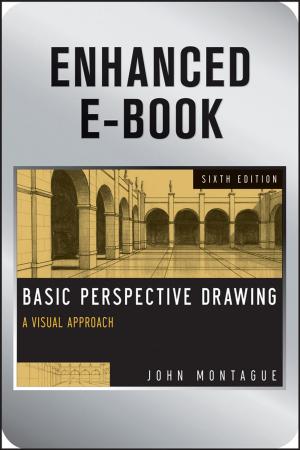| Author: | David M. Ryfe | ISBN: | 9781509514441 |
| Publisher: | Wiley | Publication: | December 20, 2016 |
| Imprint: | Polity | Language: | English |
| Author: | David M. Ryfe |
| ISBN: | 9781509514441 |
| Publisher: | Wiley |
| Publication: | December 20, 2016 |
| Imprint: | Polity |
| Language: | English |
The public, James Carey famously wrote, is the god-term of journalism, the term without which the entire enterprise fails to make sense. In the last thirty years, scholars have made great progress in understanding just what this means.
In this much-needed new book, leading scholar David Ryfe takes readers on a journey through the literature that explores this most important of relationships. He discusses how and why journalism first emerged in the United States, and why journalism everywhere shares a family resemblance but is nowhere practised in precisely the same way. He goes on to explain why journalists have such difficulty talking about the business aspects of their profession, and explores the boundaries of the field's collective imagination. Ryfe looks at the nature of change in journalism, providing sketches of its possible futures. Ultimately, he argues that the public is a keyword for journalism because it is impossible to understand the practice without it.
This rich and insightful guide will prove indispensable for anyone interested in understanding the practice of journalism.
The public, James Carey famously wrote, is the god-term of journalism, the term without which the entire enterprise fails to make sense. In the last thirty years, scholars have made great progress in understanding just what this means.
In this much-needed new book, leading scholar David Ryfe takes readers on a journey through the literature that explores this most important of relationships. He discusses how and why journalism first emerged in the United States, and why journalism everywhere shares a family resemblance but is nowhere practised in precisely the same way. He goes on to explain why journalists have such difficulty talking about the business aspects of their profession, and explores the boundaries of the field's collective imagination. Ryfe looks at the nature of change in journalism, providing sketches of its possible futures. Ultimately, he argues that the public is a keyword for journalism because it is impossible to understand the practice without it.
This rich and insightful guide will prove indispensable for anyone interested in understanding the practice of journalism.















